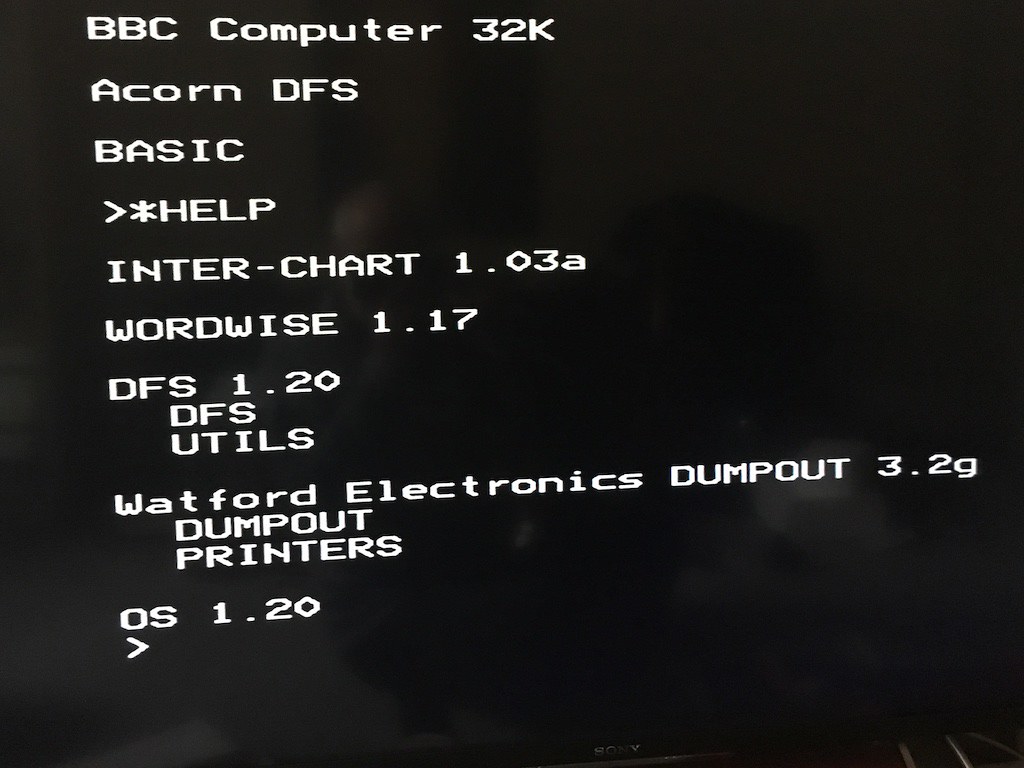Tony L
Administrator
Just had a better look at the two I have and they both do power on and seem functional. I'd originally thought they were model-B's but turns out they're BBC Master's.
Excellent. Masters are rather interesting, though until recently not as much fun for gaming as they weren’t fully compatible with the B. Thankfully the retro community being what it is that issue is now fixed and you can get this switchable OS ROM and boot it as a BBC B should you wish to play Chuckie Egg or whatever!
This site contains affiliate links for which pink fish media may be compensated.


